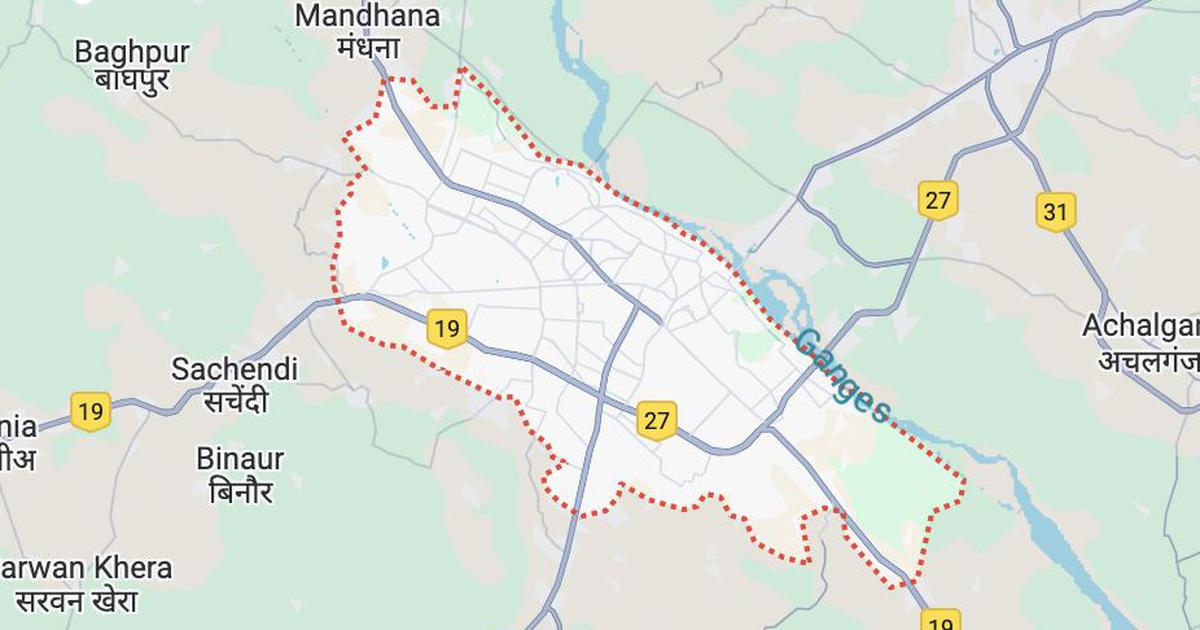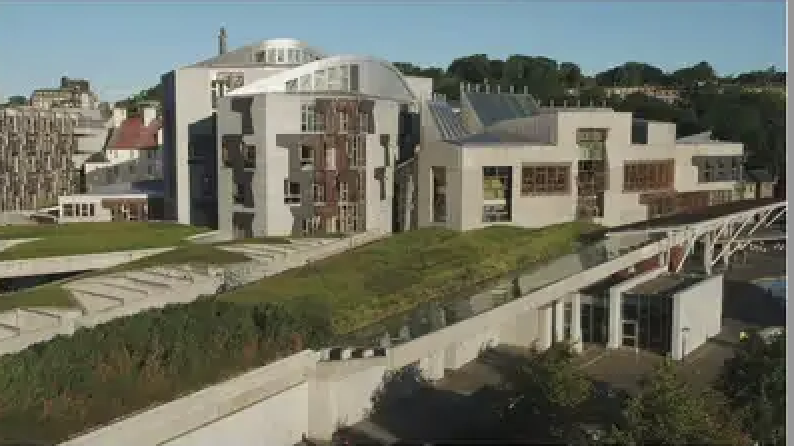
By SUVOJIT BAGCHI
India’s governing Bharatiya Janata Party’s reluctance to implement a controversial law for speedy processing of citizenship to non-Muslims has irked the Hindu refugees who are expected to benefit from the legislation. The law is framed to fast track Indian citizenship to non-Muslim refugees from Pakistan, Afghanistan and Bangladesh.
The Bharatiya Janata Party (BJP) passed the law in December 2019 but did not implement it. The state Assemblies of Assam and West Bengal are presently polling with two other southern states of India and one centrally administered territory.
The development has disappointed a section of one of India’s depressed communities, the Namasudras and a socio-religious sect of the community, the Matuas, very low in the pecking order in India’s social stratification, the Hindu caste system. The majority of Namasudras and Matuas have come from Bangladesh over the years and are not considered Indian citizens. And for Baidyanath Haldar, a 59-year-old snack seller, it’s “confusing”.
He does not understand why he is still considered a refugee in India.
“We have an official identity and voter cards and the Namasudra community is represented galore in both India’s national parliament and states’ Assemblies, yet we are not citizens of India. We failed to understand this while having a doubt…” said Haldar, a Namasudra and Matua, who walked to India from Bangladesh’s Bagerhat district so many years ago that he has forgotten the date.
His doubt is in the delay.
“If they [central government] have passed a law then there must be something wrong in our citizenship. But if it has been passed more than a year ago, why have they not implemented it,” asked Haldar. The law — Citizenship (Amendment) Act, 2019 (CAA) — was designed to provide citizenship to men like Haldar who are not Muslims and came to India before December 31 2014. Many of them do not have their papers in order.
Namasudras are about 20 percent of Bengal’s nearly 25 million members of depressed ‘scheduled’ castes, as per census reports. There are about five million Namasudras in Bengal, residing mainly in bordering districts.
“A good number of the Namasudras are voters and are a decisive factor in about 35-40 (of 294) seats of Bengal in three or four border districts in south and middle Bengal,” said Soumen Chakraborty, a political scientist who studied the Dalits of Bengal.
Why did the BJP falter?
Assam and Bengal are believed to be housing millions of Bangladeshi and Rohingya refugees, claimed the lawmakers of the BJP. Following the passage of CAA in India’s parliament in December 2019, the BJP’s Bengal president Dilip Ghosh said that “five to seven million Muslim infiltrators will be expelled” from Bengal and a roll-out was expected in combination with a list of legal citizens called National Register of Citizens (NRC). India’s Home Minister Amit Shah too said that they would “to carefully identify Bangladeshi infiltrators and throw them out.”
But after 15 months, the BJP-led government neither framed the rules required to implement the law nor provided a specific time frame to implement it. National Matua Coordination Council, a pro-BJP group, reiterated the official line of the party that the pandemic has delayed the process of implementation of CAA.
“Or else it would have been done by now,” said Sukesh Chowdhury, the Council’s president.
But there are other reasons.
The opposition of the BJP – the Congress, Communists and the AITC – came together to oppose CAA and triggered a huge demonstration in the state “provoking a particular religious community,” said Chowdhury.
“If the implementation of CAA prompted similar resistance during the elections, it may have affected BJP negatively,” said Chowdhury, as he underscored the reasons for slowing down the citizenship identification process.
“Bengal is not a state-controlled by the BJP as yet. If it comes to power, the law will be implemented providing citizenship to Hindu refugees,” said Chowdhury.
With the passage of the law, large scale protests in parts of India – mainly in Delhi, Bengal and Assam – erupted in early 2020. It culminated in a riot between communities, resulting in over 50 deaths.
Neighbouring Bangladesh also expressed its displeasure to India’s citizen identification process, anticipating a Myanmar-type Rohingya push back of illegal Bengali Muslims through a 4000-km India-Bangladesh border. Regional observers argue it is another reason for slowing down the process as Bangladesh is considered a steady ally of India in South Asia.
Why CAA is important for BJP in Bengal?
The Namasudras, opposing the BJP, are not happy about the flip-flops.
“They promised us with CAA and backtracked, now we know they cannot provide citizenship,” said Sukharanjan Roy, a supporter of All India Trinamool Congress (AITC), the ruling party in Bengal and BJP’s key rival. In Assam the common sentiment, in general, is “to resist CAA while supporting the BJP,” an Assamese observer said.
The BJP, however, cannot afford to lose either caste votes or Bengal.
The Hindu nationalist party is confronted with strong resistance from farmers in the country’s northern states – considered a stronghold of the BJP – and likely to lose two of the four southern states, Tamil Nadu and Kerala, in the ongoing elections. If it loses the key eastern state of West Bengal, a fragmented national coalition against the BJP may begin to take shape.
The state elections are scheduled at a time when the Indian economy was set for a recovery, with a reduction in the unemployment rate after two successive middle quarters of contractions in 2020. But the hope of recovery was hit by a fresh wave of Covid-19 infections. A victory in the east Indian state – never governed by the Hindu nationalists – thus will boost BJP’s confidence when India is stepping into its periodic election cycle with about half a dozen elections each year from now until 2024, culminating in a national poll.
Namasudras voted overwhelmingly for the Hindu right in 2019, ensuring the BJP’s best-ever performance in Bengal since India’s independence in 1947. Losing them could be fatal.
Sensing grievances, Home Minister Shah said in a Thakurnagar rally in February that “as soon as the vaccination process ends and Corona is eradicated, the BJP will start the process to provide citizenship.”
Prime Minister Narendra Modi also recently visited the Matua community’s founder’s birthplace in Bangladesh on March 27 to woo the Namasudra voters from their sacred land.
Modi’s visit also drew huge protests, resulting in many deaths in Bangladesh.
In Bengal, the BJP has now promised to implement CAA after the election – if it wins – in the election manifesto, while in Assam it has promised to initiate the process “of the correction and reconciliation” of NRC entries.
What’s next?
About two million people are already excluded from NRC in Assam and many of them are lodged in detention centres which were developed slowly over the last two decades in India.
If the BJP wins and goes ahead with its plans then India may produce many millions of such paperless and homeless refugees escalating the number of detention centres and inmates.
It may also trigger large-scale protests like in the winter of 2020.
For now, however, the BJP has no real choice but to promise a combination of CAA and NRC, as a defeat in the eastern frontier would deepen its nationwide political crisis.
This story first appeared on trtworld.com






